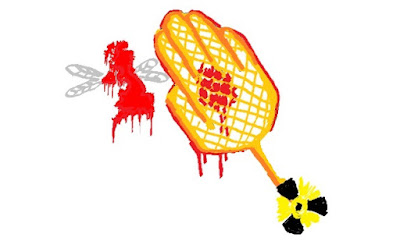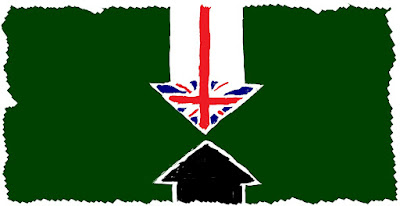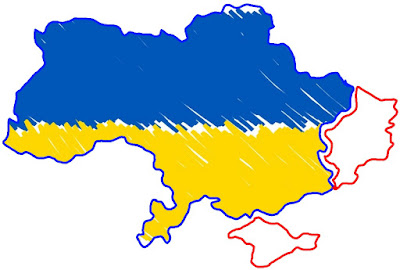Liz Truss went too far in trying to take ownership of the war in Ukraine and proposing conditions that would never be acceptable to any administration in Moscow, threatening to further inflame and escalate the conflict, even according to The Guardian.
Truss had said that Britain should set a war aim of depriving Russia of Crimea, which Moscow considers core Russian territory and protects under its nuclear deterrent. This is such a delusional statement that it would be less absurd to have heard Russian generals talk of recapturing the Reichstag. Crimea is long gone, and Ukraine is about as likely to send troops there as it is to Vladivostok. Even pro-Western dissidents in Russia refuse to talk of Crimea as anything other than part of Russia.
In addition to her, we see Parliamentary Under-Secretary of State for the Armed Forces James Heappey eagerly justifying attacks by Ukraine into Russian territory using UK weapons. Apparently, he is unaware of the potential risk to British territory if we set ourselves a goal of destroying targets in Russian territory.
Total war, by proxy?
In the case of both politicians mentioned here, Britain possibly overestimates its power, having no grasp of how or where Russia could respond in kind or the kind of casualties British personnel could suffer if Russia were to begin maliciously handing out all modern armaments necessary to kill British troops worldwide. It seems some of our leaders just view the Slavic mind as dull, easy prey, incapable of the creativity to even copy what we do.
We also assume that our playing by a set of rules forbidding direct attacks on the other side confines the Russians to also abiding by these rules, when that is not the case if the rules only benefit us and not them. Would we ourselves keep playing by the rules if Russia was the only beneficiary under them, and the costs for us playing were severe? A country will only allow so much damage to them indirectly, before they hastily look for ways to retaliate, even if they are caught doing so.
Any plan that includes averting a nuclear war but still destroying Russia's cities and strategic objects, using Ukrainian troops to do so as encouraged by Heappey, would be folly. Britain's targeting of strategic objects and vital defences in Russia, even using a third country or fiddling with the command structure to hide responsibility for the attacks, would trigger Russian strikes on strategic targets in Britain. It would be no different than if we began attacking Russia directly, so Russia could see nuclear attacks as a proportionate response.
A brag too far
Liz Truss seems at some level to be aware that her foolish and rash warmongering cannot be walked back. She has tried to take full ownership of the Ukrainian war effort, declaring that a defeat in this war is unthinkable and would mean a profound loss of security for us.
In reality, there is an alternative course that keeps the country safe: just get rid of Liz Truss, James Heappey, and the others who displayed misplaced military swagger and tried to take ownership of the Ukrainian war effort. This would restore a level of calm, helping prevent escalation while benefiting still from whatever they had done, if any of it had any benefit.
It is okay for common soldiers to belittle their adversaries and brag. However, a serving government minister, who believes a continent-spanning nuclear hyperpower is some easy prey they will soon hang on their wall as a personal trophy, is an imbecile. That person should not be permitted to speak another word in any official capacity.




